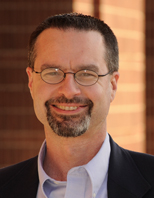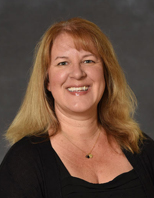Friday, May 8th, 2020
Via Zoom
10:00 a.m. – 11:30 p.m.
Public Engagement Artice and Video Here
The state of Michigan and Covid-19: UM School of Public Health and Michigan Medicine Pandemic Experts discuss regional and county trajectories of the spread and the role of data in guiding the reactivation of Michigan’s economy.
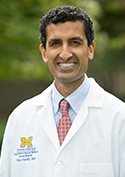
Vikas Parekh
Associate Chief Clinical Officer, Michigan Medicine;
Associate Vice Chair, Inpatient and Hospital Operations, Professor of Internal Medicine
Vikas I. Parekh, MD is a Professor of Medicine at the University of Michigan where he is the Associate Chief Clinical Officer for Medical, Emergency and Psychiatry Services and System Medical Director for Capacity Management. He also serves as Assistant Chair for Clinical Programs for Internal Medicine and was Associate Director of the Hospitalist Program until September 2017 when he transitioned out of that role. In these roles he provides executive physician leadership to the adult hospital’s medical units, emergency department and psychiatry units. In addition, he guides the hospital’s work on readmissions, capacity management and leads an operational analytics team working to optimize patient flow in our health system. He also has oversight of the department of internal medicine’s inpatient services which admit over 25,000 patients/year. Dr. Parekh is a graduate of the Harvard Medical School and completed his residency training at the University of Michigan. Nationally he is past-chair of the Society of Hospital Medicine’s (SHM) Academic Committee and Education Committee. He is also a member of the council for the Association of Specialty Professors (ASP) in the Alliance of Academic Internal Medicine. He was also co-chair and co-founder of the Society of General Internal Medicine’s (SGIM) Academic Hospitalist Task Force for 5 years. He is the co-director of the Academic Hospitalist Academy. Dr. Parekh has won several teaching awards including the Provost’s Teaching Innovation Prize, the Special Recognition Award for Contributions to the House Officer Teaching Program and the H. Marvin Pollard Award, the Department of Medicine’s highest award for resident teaching and was inducted into the Medical School’s League of Educational Excellence in 2015.
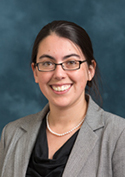
Marisa Eisenberg
Associate Professor of Epidemiology, School of Public Health
Marisa Eisenberg received her PhD and M.S. in Biomedical Engineering from the University of California, Los Angeles in 2009. She then spent three years as a postdoctoral fellow studying mathematical biology at the Mathematical Biosciences Institute at Ohio State University, before joining the faculty at University of Michigan as an assistant professor in the Department of Epidemiology.
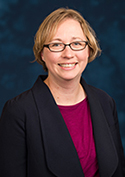
Emily Martin, Associate Professor of Epidemiology, School of Public Health
Emily Martin is an associate professor of epidemiology at the University of Michigan School of Public Health. Dr. Martin’s laboratory focuses on the molecular epidemiology of viral and bacterial pathogens, including a specific focus on persistent and co-infecting pathogens. She conducts infectious disease studies in hospital and outpatient settings and has a particular interest in severe infections and outcomes in individuals with chronic conditions. Dr. Martin currently participates in two CDC-funded US Influenza Vaccine Effectiveness networks based in ambulatory care and hospital settings.
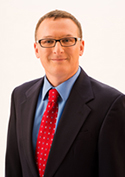
Rick Neitzel, Associate Chair, Department of Environmental Health Sciences, Associate Professor of Global Public Health & Associate Professor of Environmental Health Sciences, School of Public Health
Rick Neitzel is an exposure scientist whose research focuses on the characterization of exposures to noise, heavy metals and other ototoxins, psychosocial stressors, and injury risk factors, as well as a range of adverse health effects associated with these exposures. His work, and the work of his team in the UM Exposure Research lab, takes place in occupational and community settings both domestically and abroad. He is particularly interested in incorporating new methodologies and exposure sensing technologies into research, and also has a strong interest in translating his research findings into occupational and public health practice. He directs the UM Risk Science and Human Health Certificate program, and is also Director of the Pilot Project Research Grant Program of the UM Center for Occupational Health and Safety Engineering.


